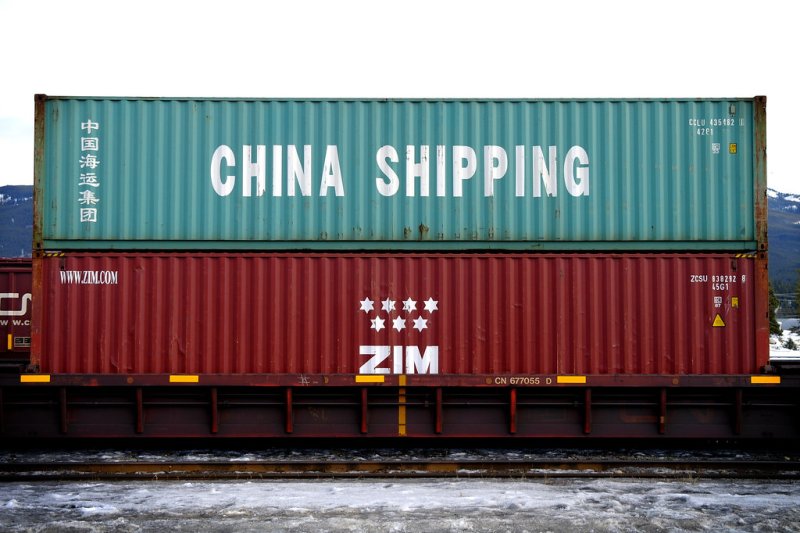- Negotiations

A bilateral trade agreement between Australia and China was finalised in 2015.
This agreement is controversial in Australia because it increases entry of temporary Chinese workers in a large number of occupations, without testing first if local workers are available. There are also provisions for Chinese companies with projects worth over $150 million to negotiate the number of foreign workers they bring in as well as their pay and conditions. This is the first time an arrangement which could allow most of the workforce to be imported has been included in any Australian trade agreement. It is unclear whether recent changes to the regulations of Australia’s Migration Act will be sufficient to ensure that such workers are not exploited.
Temporary migrant workers in Australia are already at a high risk of exploitation. There have been a number of studies showing exploitation of temporary workers, working long hours in dangerous conditions at less than minimum wages. Without greater protections in place there are concerns that increased numbers of temporary workers negotiated through trade agreements could lead to more cases of exploitation.
One important impact of the agreement is how it will open the doors to more Chinese investment in Australian agriculture. China is looking to secure its food supply by investing in agribusiness abroad, whether by investing directly in farms or buying into supply chains. Australia is an important source of meat and to a lesser extent dairy for China, and so ChAFTA is expected to boost Chinese deals in Australia’s livestock industry.
The ChAFTA is also controversial because it contains Investor-State Dispute Settlement (ISDS) provisions, which allow foreign investors to bypass national courts and sue governments before an arbitration tribunal for compensation if they can argue that changes to law or policy harm their investment. This gives increased power to corporations at the expense of democracy and the public interest.
Contributed by AFTINET
last update: March 2016
Photo: PughPugh/CC BY 2.0
2-Oct-2006
For many farmers in both China and Australia, whose agricultural trade experts were attending a conference last Wednesday, rain is a rarity, so longing looks were cast at the muddy streets and umbrellas outside.
The conference, focused on the agricultural issues involved in negotiating a Free Trade Agreement, was held in Xian, the ancient capital of 13 Chinese dynasties and the heartland of Chinese agriculture.
28-Sep-2006
Agriculture minister Peter McGauran’s lightning trip to Xian, home of the famed terracotta warriors, yesterday was to open a joint agriculture conference intended to persuade the Chinese that Australian farmers are no threat to their 800 million peasant counterparts, most of whom are barely above the poverty line and who form a potentially volatile force in Chinese politics.
28-Sep-2006
All agricultural products remain on the table in talks for a free trade agreement with China - which Agriculture Minister Peter McGauran describes as the "single most important thing" anyone can do for Australia’s farming industry.
14-Sep-2006
Australia’s manufacturers are feeling the pinch from China, booking losses of close to $1 billion as they try to compete with the emerging economic giant, a new report said.
13-Sep-2006
The South Australian Government is pushing for debate on the proposed China free trade agreement at the next premiers’ meeting, worried the deal could hurt Australia’s manufacturing sector.
7-Sep-2006
The latest round of free trade agreement talks in Beijing failed to make its expected start on the crucial issue of market access for goods, because China was unable to provide sufficient information.
31-Aug-2006
Australia told Beijing today it wanted access to China’s services market by the end of the year, saying it needed to see real progress as the sixth round of free trade talks begin.
28-Aug-2006
Australian manufacturers are experiencing increased competitive pressures in their dealings with China, while at the same time they now see China as the most important market in which to grow their business outside Australia, according to a major new study released today by the Australian Industry Group.
25-Aug-2006
Having initiated the idea of a free trade agreement with China, the Howard Government has been stung by its implications and has fallen back to a strategy of caution and protracted negotiation that will extend beyond the 2007 national election.
21-Aug-2006
The Federal Industry Minister has ruled out abolishing import tariffs in the automotive and clothing industries as part of a free trade agreement with China.





